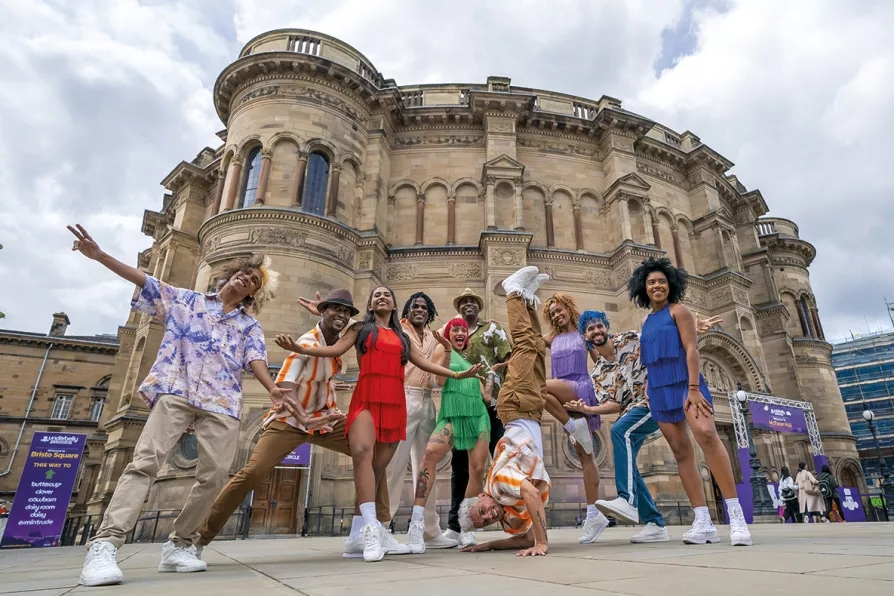Mask-off outbursts by Maga insiders and most strikingly, the destruction and reconstruction of the presidential seat, with a huge new $300m ballroom, means Trump isn’t planning to leave the White House when his term ends, writes LINDA PENTZ GUNTER

 Cuban dancers in Bristo Square, August 7, 2023
Cuban dancers in Bristo Square, August 7, 2023
THE Edinburgh International Festival (EIF) opened last weekend, with fantastic performances and an energy which was very refreshing. In her first year as festival director, Nicola Benedetti has taken as her theme from Martin Luther King Junior’s last book Where do we go from Here: Chaos or Community?
The Hub, the building at the top of the Royal Mile by Edinburgh Castle, where the staff team is based and which was traditionally a festival hub, is open to the public, with a range of free (ticketed) events and evening performances. The opening night there, on Sunday August 6, brought some of those musicians together in warm and high-spirited performances, joined at various points by Benedetti.
Benedetti also played earlier that afternoon, with the Grit Orchestra, a unique ensemble which brings together leading jazz, folk and classical musicians, played in the Ross Bandstand in Princes Street Gardens for all to hear — in collaboration with the Royal Conservatoire of Scotland, the performance was well received.

From hunting rare pamphlets at book sales to online panels and courses on trade unionism and class politics, the MML continues connecting archive treasures with the movements fighting for a better world, writes director MEIRIAN JUMP

OLIVER SNELLING, a south London stonecarver and yeoman stonemason, relates how he is helping bring about a new festival next month

ANN HENDERSON on the exciting programme planned for this summer’s festival in the Scottish capital











